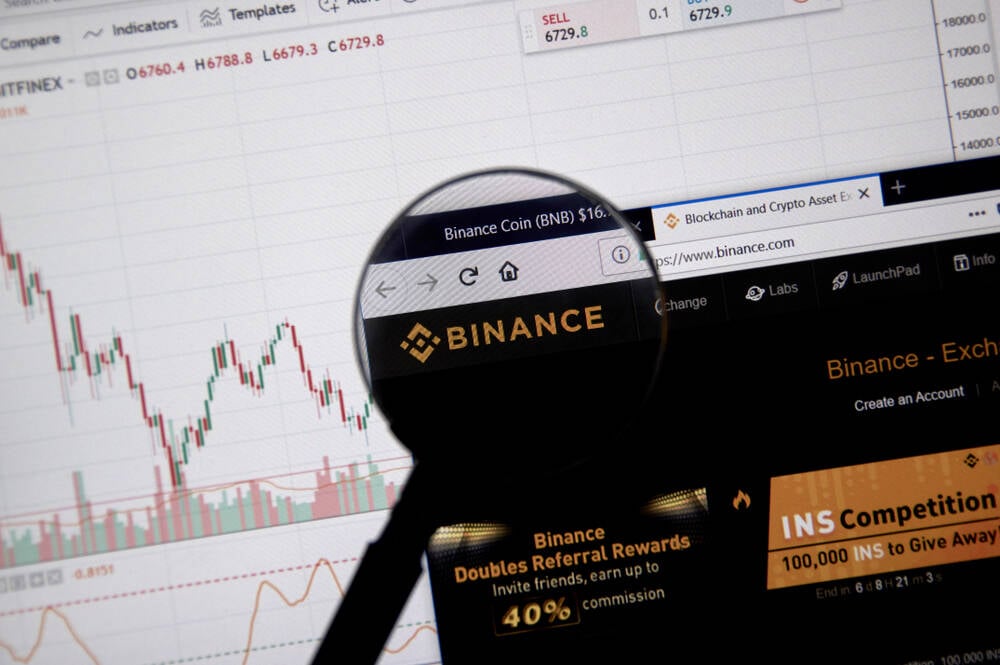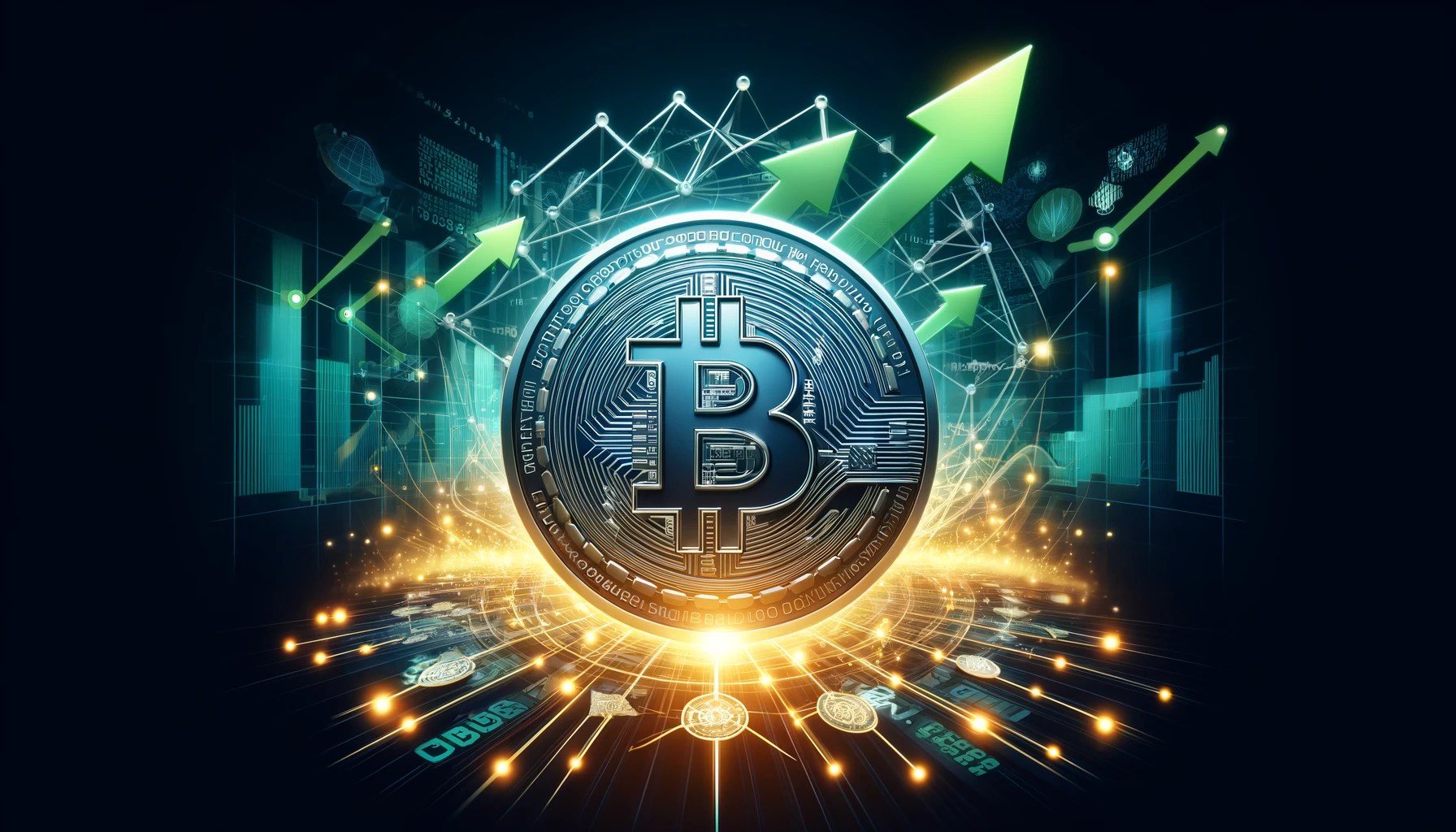The Philippines Securities and Exchange Commission (SEC) has ordered the nation’s National Telecommunications Commission to block access to cryptocurrency exchange Binance, for the simple reason that platform doesn’t have a licence.
A Monday announcement quotes SEC chair Emilio B Aquino as saying his org “has identified the aforementioned platform and concluded that the public’s continued access to these websites/apps poses a threat to the security of the funds of investing Filipinos.”
The risks Aquino identified are related to Binance not having a license to solicit investments from the public, or to operate an exchange that allows purchase and sale of securities, as required by Filipino law.
The SEC letter states that it’s tried to have Binance acquire a license since 2023, and has warned the public it could block the crypto outfit’s website since November of that year.
Now it’s pulled the trigger to block the platform completely.
The crypto exchange could have seen this coming, as the Philippines already requested all local ISPs to block access to OctaFX and MiTrade – another pair of online trading platforms.
The SEC’s decision is bold, as Binance has promoted its services, and apps, in the Philippines for some time. It’s therefore likely the order to block the site will inconvenience significant numbers of citizens with virtual assets acquired on the platform.
Aquino pointed to the SEC’s repeated warnings of a possible block as representing fair warning to local investors.
“The SEC ensured that the investing public would have enough time to exit the platform and reposition their portfolio in favor of authorized investment products and platforms,” the SEC statement reads.
At the time of writing, Binance has not posted a response to the SEC’s action. The Register has sought comment from the crypto outfit and will update this story if we receive a substantive reply.
The Philippines is not hostile to cryptocurrency – the government recognizes investor interest in digital assets, and has sought to regulate the sector and to ensure it can tax profits on crypto sales at a rate of 15 percent. It has also, however, explicitly stated that cryptocurrencies are not legal tender, and warned citizens that transacting in the digital currencies means they will not be covered by protective laws.
Binance has therefore not been singled out. It just hasn’t respected local laws – either in the Philippines or the US, where it recently admitted it had not secured the required registrations to go about its business. In Nigeria, meanwhile, the crypto outfit was yesterday charged with tax avoidance. ®
Credit: Source link















































